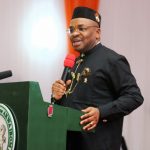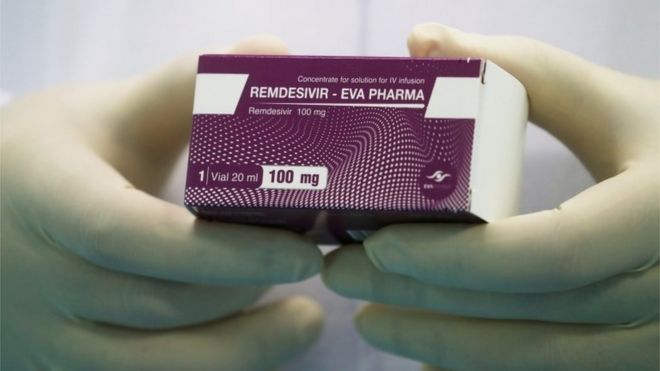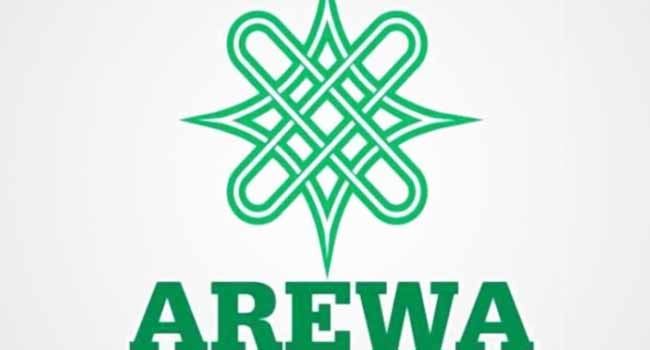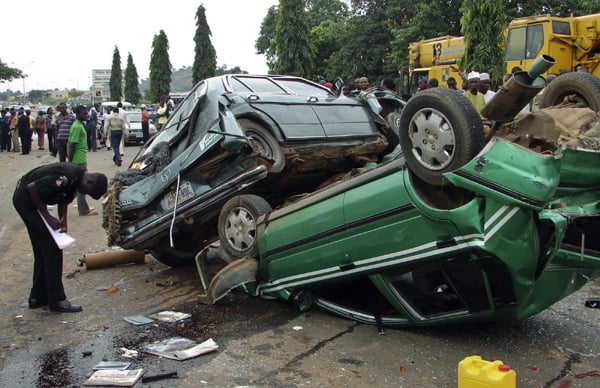The Election Petition Tribunal hearing the dispute arising from the June 18, 2022 governorship election in Ekiti State has concluded the pre-hearing formalities paving the way for the full hearing of the petition challenging the election of the Governor-elect, Mr. Biodun Oyebanji.
The Tribunal at its sitting on Friday presided by its Chairman, Justice Wilfred Kpochi, presented the Pre-Hearing Report to parties in the petition pursuant to Paragraph 18 (10) of the First Schedule of the Electoral Act, 2022, to guide further proceedings in the petition.
The Social Democratic Party (SDP) candidate, Chief Segun Oni, who came second at the poll and was aggrieved with the result announced by the Independent National Electoral Commission (INEC), is challenging the victory of Oyebanji who ran on the platform of the ruling All Progressives Congress (APC) at the governorship poll before the three-member panel of judges.
Reading out the decision of the Tribunal which was arrived at in consonance with two other members of the panel, Justice Sa’ad Zadawa, Justice J.A. Atsen and the Tribunal Chair, Justice Kpochi said the guidelines to guide proceedings at full trial were rolled out after considering the areas of agreements by lawyers to parties before it and various answers to the pre-trial information sheet submitted by them.
Respondents in the petition marked EPT/EKT/GOV/02/2022 are Mr. Oyebanji (1st), APC (2nd), Alhaji Mai Mala Buni, in his capacity as the National Chairman, APC Caretaker Extraordinary Convention Planning Committee (3rd), INEC (4th) and the Deputy Governor-elect who was Oyebanji’s running mate at the poll, Mrs. Monisade Afuye (5th).
Mr. Owoseni Ajayi appeared for the 1st and 2nd Petitioners (Chief Oni and SDP). Appearing for the 1st and 5th Respondents (Mr. Oyebanji and Mrs. Afuye) was Mr. Olusola Dare while Mr. Adedayo Adewumi represented the 2nd Respondent (APC).
Mr. Umar Abdulhameed announced appearance for the 3rd Respondent (Buni) while Mr. Chris Onwugbonu appeared for the 4th Respondent (5th).
Lawyers to parties in the petition during the pre-trial had agreed on procedures which were communicated to the Tribunal on their behalf by lead counsel to Mr. Oyebanji, Prince Lateef Fagbemi (SAN).
Justice Kpochi explained that the consultations of the lawyers on how proceedings should be conducted have provided the roadmap and shaped their final report of the Pre-Hearing Session.
Done with the appearances by the lawyers, the Tribunal chief, Justice Kpochi, reeled out the guidelines agreed by the five-man jury after considering the suggestions of the lawyers to parties stressing that it would not tolerate frivolous adjournments at full trial considering the fact that election petition matters must be concluded within the time allowed by law.
He said: “Requests for frivolous and unnecessary adjournments shall not be tolerated or indulged. The Tribunal reserves the right to abridge the time for doing any act allowed by the rules when necessary to fast-track the proceedings.”
The panel also announced its intent to hold sittings from Mondays to Saturdays when the full trial begins with the exemptions given to Sundays and public holidays gazetted by law adding that “it shall close the day’s sitting at any time of the day depending on the exigencies of the workload as the proceeding progress.”
It also disclosed that the hearing commences by 9.30 am and runs till any time of the day throughout the period the trial would last stressing that “the Tribunal shall not be bound to close by 5.00pm as suggested by counsel to parties during the pre-trial session.”
According to the regulation, all witnesses shall be given the number of minutes as agreed by the Counsels and the timeframe mutually agreed by the Counsel in the petition shall be adopted.
The examination-in-chief of ordinary witnesses would take five minutes, their cross-examination would take ten minutes and re-examination would take three minutes. For star or expert witnesses, their examination-in-chief would take 15 minutes, cross-examination 20 minutes and re-examination 5 minutes.
The Tribunal directed that the number of witnesses shall not exceed the ones whose Statements on Oath have been front-loaded and filed at the Registry of the Tribunal while parties shall furnish the Tribunal with the list and sequence or order they intend to call their witnesses.
The panel disclosed that it may take six witnesses or so per day as circumstances permit while stressing that any witness not taken in the sequential order shall be deemed as abandoned “except sufficient reason is given for such default.”
Dwelling on tendering of documents, the Tribunal directed that witnesses shall be led in evidence or examined in one breadth in relation to all documents to be tendered through them and all documents shall be tendered at the Bar and taken as read.
It added further that contested documents shall all be admitted subject to the right of the party raising the objection to incorporate the ground of objection in separate addresses to be considered in the final judgment.
Stating its position on the use of an interpreter, the Tribunal directed that it should be availed advance notice before a witness who requires the aid of an interpreter from English to Yoruba or vice versa is called. It was indicated in the report that all parties save the 4th Respondent would require the use of an interpreter.
According to the Report, the Petitioners indicated to call additional witnesses while the Respondents have none. While the Petitioners and the 4th Respondent (INEC) signified their intent to call an expert witness, other parties have none.
Following the reading of the Pre-Hearing Report, the Tribunal adjourned sitting to a date to be communicated to parties by its Secretary.






2 Comments